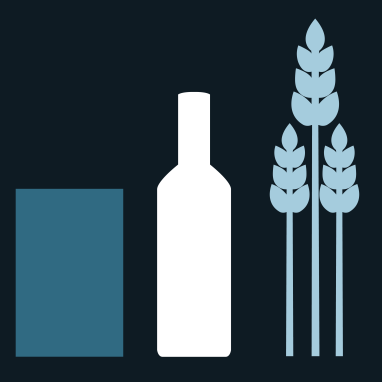Getting ready for new single-use plastic bans
By John Thisgaard (FoodLegal Co-Principal)
This article by the author also appears in the
November 2024 edition of Australian Hotelier Magazine and considers the impacts
for the hospitality industry of new bans on various plastic products.
Most Australian States and Territories have introduced
bans on many single-use plastic items, in line with the Australian Packaging
Covenant’s 2025 target to “phase out problematic and unnecessary single-use
plastics packaging”.
Although this target has been endorsed by the Federal Labor
Government, the approach is not uniform across all Australian jurisdictions. Some
States and Territories have adopted their own legislation with differences on
items and timelines for implementation.
Bans on some plastics impacting hospitality venues
Bans impacting hospitality venues are already in place
in New South Wales, Victoria, Queensland, South Australia, the Australian
Capital Territory and Western Australia. The Northern Territory and Tasmania
currently do not have equivalent bans in place, but aim to introduce similar
laws in the coming years. The City of Hobart has also introduced similar bans
for local businesses in Hobart.
The bans apply to items that are defined as single-use plastics in the legislation of each relevant State or Territory, and include items such as:
· Plastic straws
· Plastic cutlery and stirrers
· Plastic plates and bowls (except bowls with spill-proof lids)
· Cups and takeaway containers made of expanded polystyrene
Many States have plans to introduce additional bans on
plastic-lined paper cups and plates before the end of 2025.
‘Plastic’ is defined broadly. In some jurisdictions
such as NSW, the bans include items with any plastic content, even if the
plastic is biodegradable or compostable.
Impact for hospitality venues
The bans are designed to apply to the manufacture,
supply or sale of the plastic items themselves. To comply with these bans, many
packaging suppliers have stopped supplying the above plastic items and have transitioned
to alternative materials (e.g. paper, metal, bamboo, glass or ceramic).
In most cases, the bans will also apply to the use of single-use plastics to package takeaway foods. There are limited exemptions which differ State-by-State, including:
· Where the product has been pre-packed off-site.
· Where the plastic item is a form of ‘integrated packaging’ (although this is soon to change – see below).
· The supply of plastic drinking straws to individuals who have a disability or medical requirement.
Incoming changes for ‘integrated’ plastics and
commencement date
In most States and Territories, plastic items are not
banned if they are ‘integrated’ as part of the product packaging through an
automated (e.g. a straw attached to a juice box or cutlery attached to the lid
of a yoghurt product). Although takeaway containers would generally not be
regarded as a form of integrated packaging, this exemption could apply to some
products offered by hospitality venues (especially if the venue sells
pre-packed items).
However, some States are starting to remove the earlier
exemption for integrated packaging, starting with NSW on 1 January 2025,
followed by Victoria and Queensland soon after. This means that single-use
plastics that have been ‘integrated’ into product packaging will no longer be
able to be sold in these States.
What can businesses do to prepare?
Businesses should review their inventory for any items
that contain integrated single-use plastics. If they have not already done so,
businesses should also review whether they use any takeaway packaging materials
(such as expanded polystyrene and other expanded plastics) or other plastic
items such as straws that are banned in their State and work with their
suppliers to secure an appropriate replacement.
If you
have any regulatory needs or concerns about the impact of plastic bans of the
compliance of your packaging products, please contact FoodLegal. We have the expertise and experience to help you.
This is general information rather than legal advice and is current as of 13 Nov 2024. We recommend you seek legal advice for your specific circumstances before making any commercial decisions.
